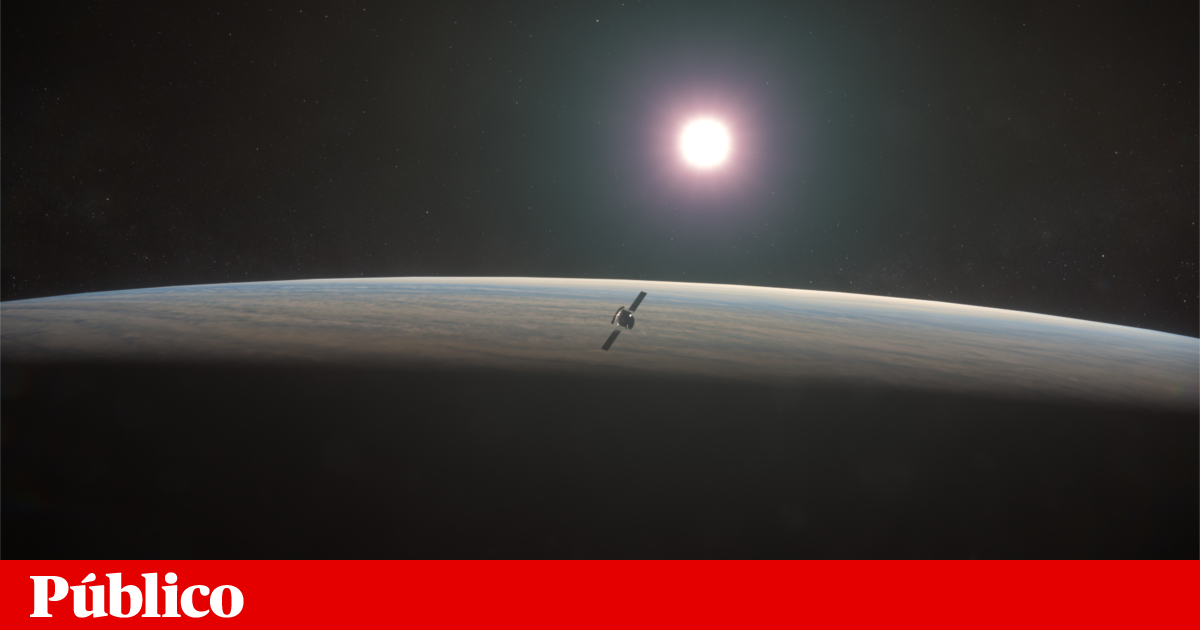Scientists and companies from Portugal participate in the second European mission in the orbit of Venus EnvisionScheduled for launch in 2031, it will study the planet's surface, interior and atmosphere. The mission has now been approved by the European Space Agency (ESA), which practically means that the study phase has been completed and implementation continues.
Astrophysicist Pedro Machado, a researcher at the Institute of Astrophysics and Space Sciences (IA) with published studies on the atmosphere of Venus, told Lusa that he will be responsible for one of the scientific instruments of the new European probe that will orbit Venus, in this case, radiology technology. Infrared spectroscopy that will allow us to assess, for example, whether there is volcanic activity on the planet.
The researcher will lead the Portuguese Scientific Consortium to support the mission, which will consist of astrophysicists, geologists and geographers.
The mission to Venus was approved by the European Space Agency on Thursday, as was another mission that will detect gravitational waves in space, LISA (Laser Interferometer Space Antenna), in which several Portuguese scientists are also participating, including Vitor Cardoso and Richard Brito. (Both from Instituto). Superior Técnico) and Francisco Duque (of the Max Planck Institute for Gravitational Physics in Germany).
The three spacecraft, which will search for small disturbances in the fabric of space-time that makes up the universe, such as gravitational waves caused by catastrophic cosmic phenomena such as the collision of two black holes, are scheduled to be launched in 2035.
Portuguese industry on board ship to Venus
Astrophysicist Clara Souza e Silva – who was part of the international team of scientists that in 2020 announced the discovery of phosphine in the clouds of Venus, a gas produced naturally by bacteria on Earth, which are living organisms – will also collaborate with a Portuguese science team, but in The field of astrobiology, which studies the origin of life.
Portuguese industry will also participate in the mission, Pedro Machado said Envisionthrough the companies LusoSpace and FHP, which will be responsible, in particular, for hardware alignment tests and manufacturing of hardware fitting components.
a Envision Success of the European space mission Venus Express, which between 2006 and 2014 had a probe in orbit to study the planet’s atmosphere. The Japanese mission continues to study the atmosphere of Venus, the closest planet to Earth Akatsuki.
Although similar in size and mass to Earth, Venus is inhospitable, with an average surface temperature of 464 degrees Celsius and an atmospheric pressure 92 times greater than the pressure we feel on the “blue planet.” Of all the rocky planets in our solar system, Venus has the densest atmosphere, and is completely covered by layers of thick clouds composed mainly of sulfuric acid.
Portugal has been a member state of the European Space Agency since November 2000.

“Coffee trailblazer. Social media ninja. Unapologetic web guru. Friendly music fan. Alcohol fanatic.”

